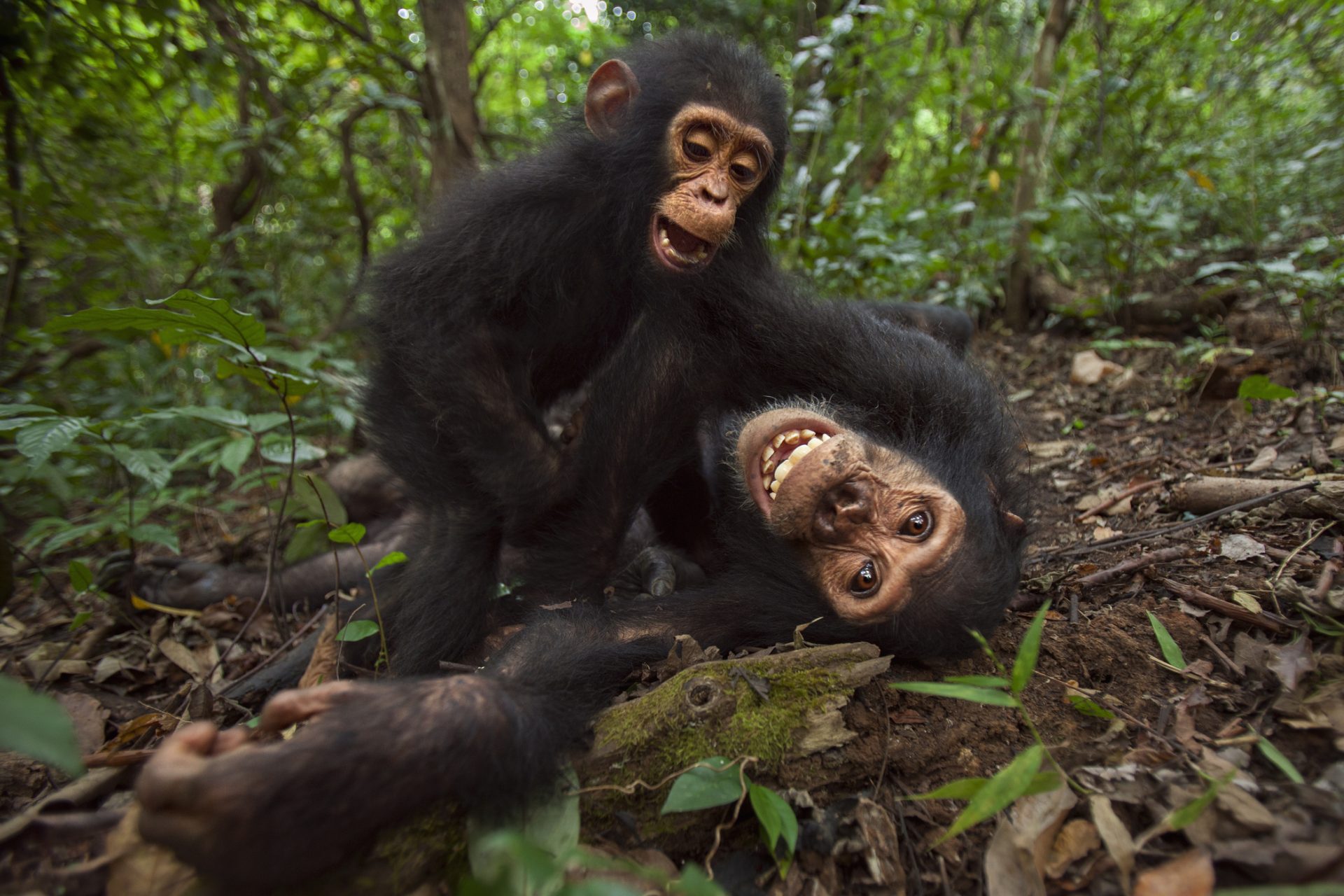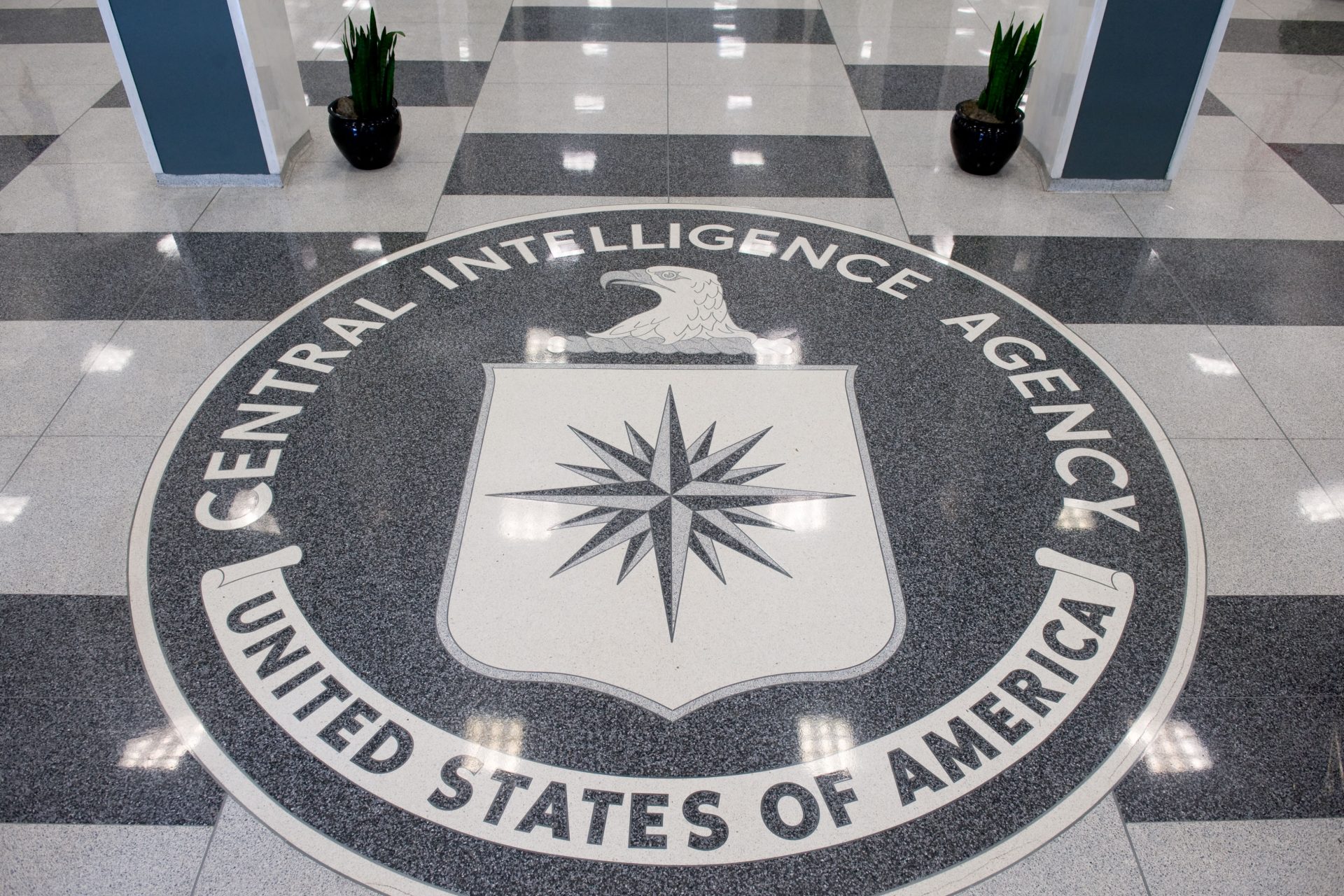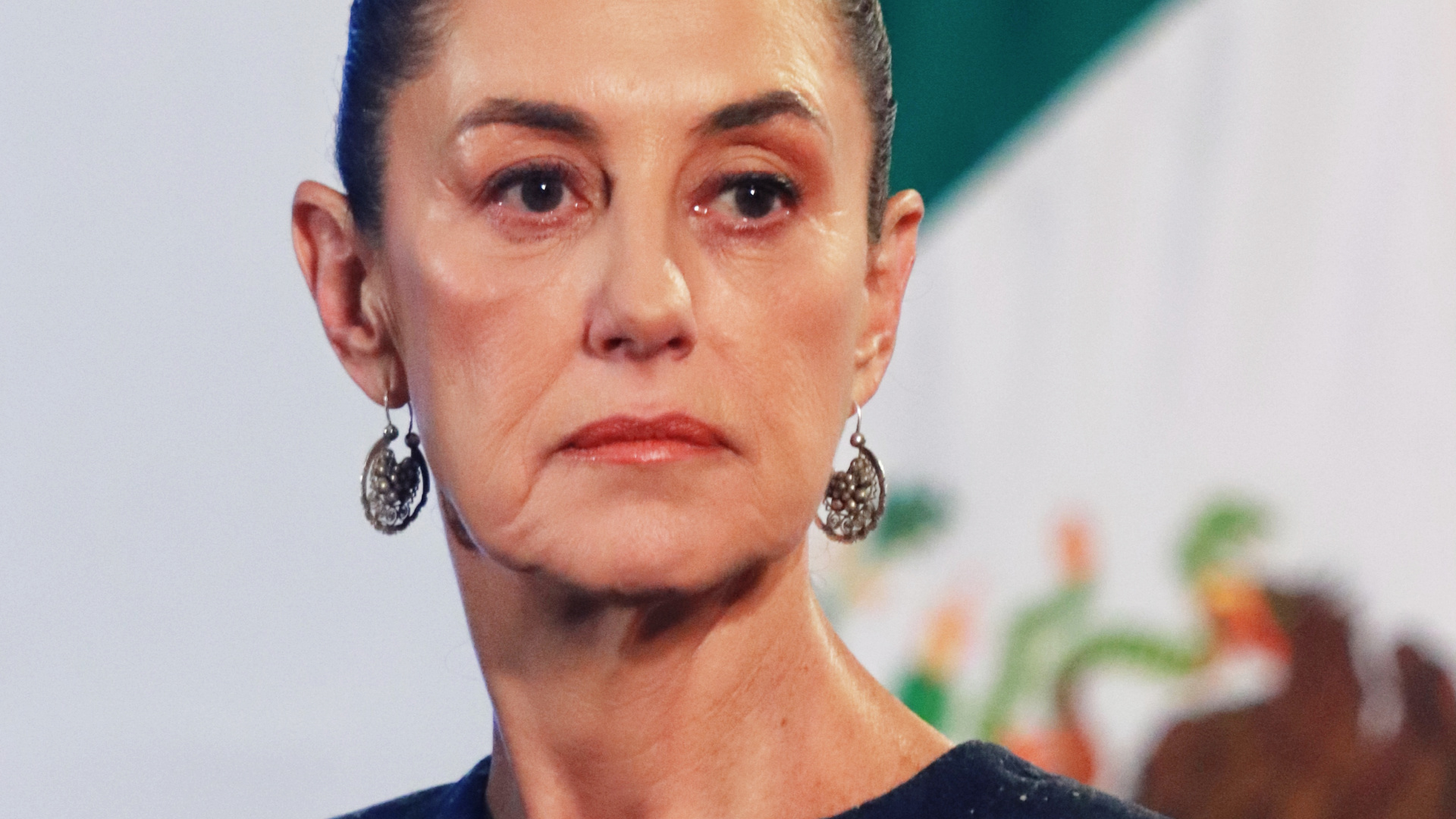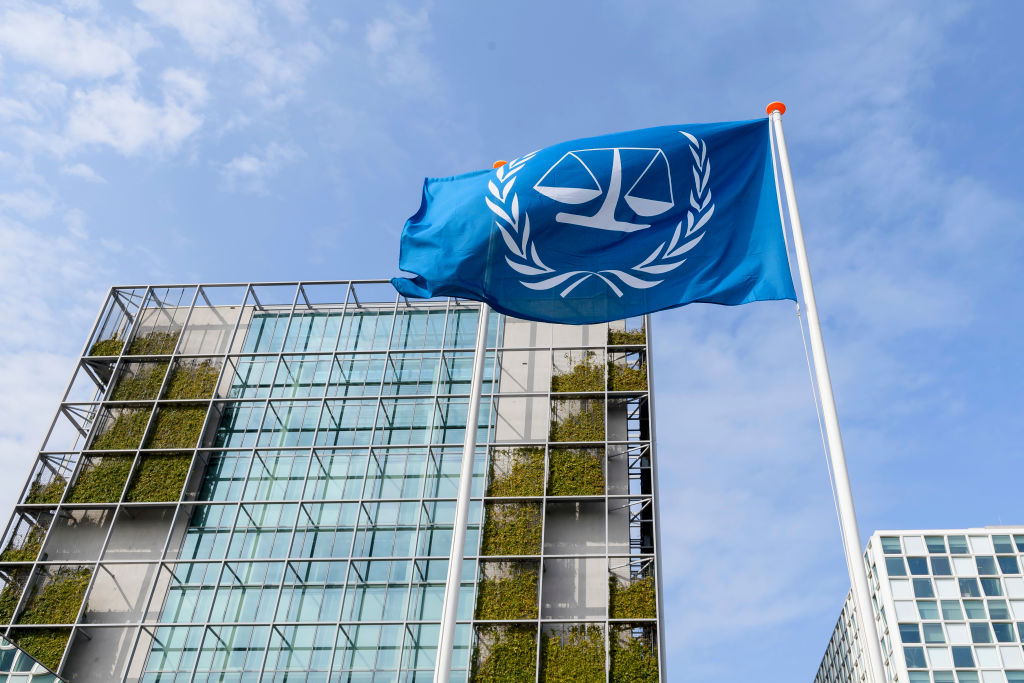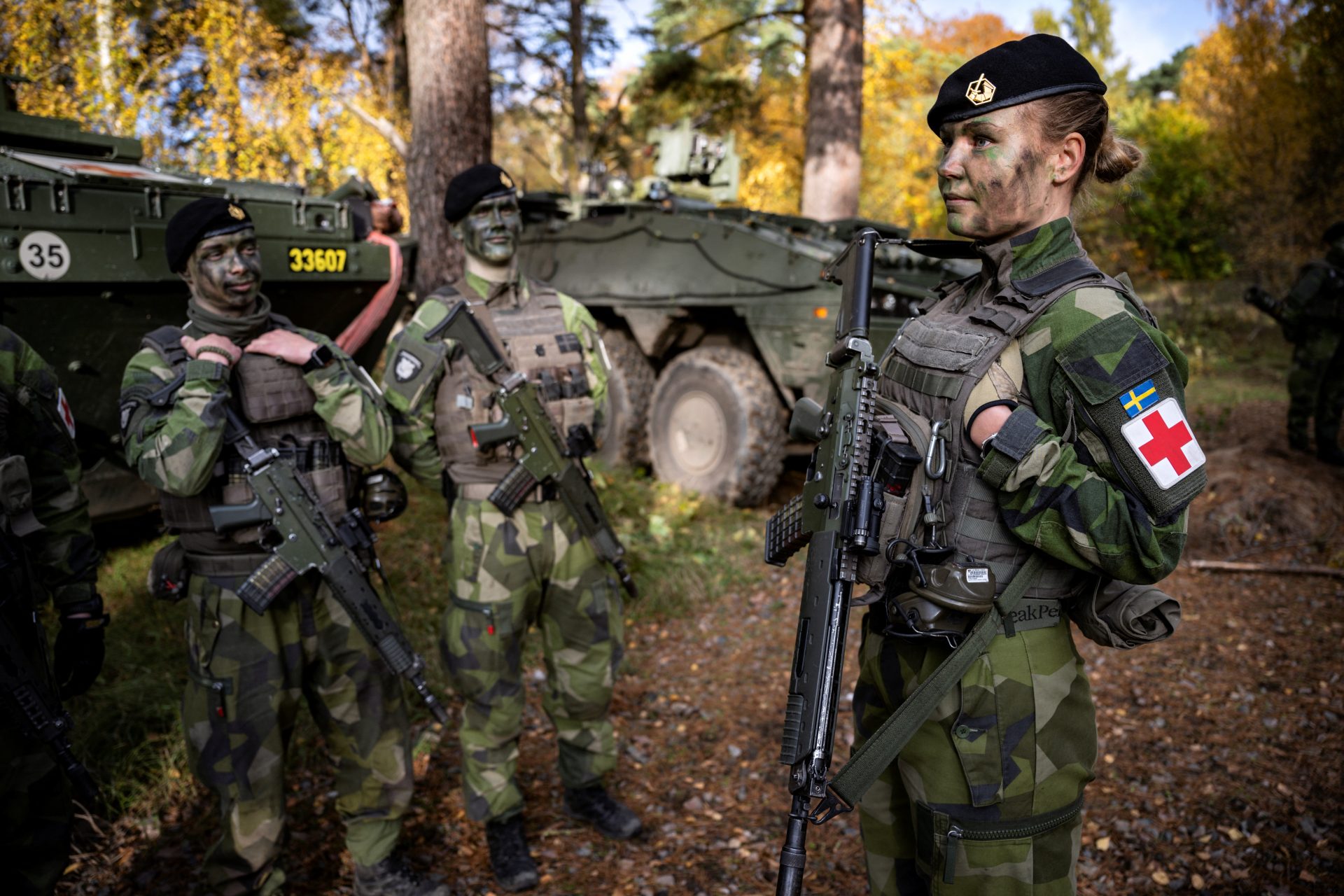2022 in review: Pope Francis apologized for Church's role in residential schools
Seven years ago Canada's Truth and Reconciliation Commission called upon the Pope for an apology on behalf of the Catholic Church for the abuse at least 150,000 Indigenous children faced at Canadian Indian Residential Schools.
Pope Francis finally followed through and arrived on Canadian soil in July, 2022, to apologize for the atrocities committed in Canada against the First Nations.
Pope Francis first apologized, saying he was "deeply sorry" on April 1, 2022, in Rome, asking the Indigenous survivors for forgiveness for the "evil" committed by Christians against the First Nations people throughout Canada.
In this day and age, it is shocking that it took the Catholic Church so long to do so. Naturally, the First Nations people of Canada said Pope Francis' apology in Rome simply wasn't enough. Abuse survivors demanded that the Pope come to Canada and apologize on Canadian soil.
Despite his advancing age and frail health, Pope Francis arrived in Canada to apologize to First Nations people for the atrocities that the Catholic Church took part in at the government-funded residential schools in Canada.
Pope Francis has referred to the trip to Canada as a "penance" to acknowledge the damage done to Indigenous children who were ripped from their families and forced to abandon their culture and languages.
To add insult to injury, Indigenous children often lived in deplorable conditions at residential schools, and many suffered abuse.
On Monday, July 25, thousands of survivors and their families traveled thousands of miles across Canada and the United States to hear Pope Francis' apology.
The crowd was practically silent as finally, after generations of waiting, the leader of the Catholic Church would apologize for operating schools that were basically concentration camps for children.
Pope Francis didn't hold back as he sat on an elevated, all-white platform. He called the Church's actions a "deplorable evil" while seated within a traditional powwow arbor next to ceremonially dressed chiefs of the four Maskwacis nations of central Alberta.
"I am deeply sorry," Pope Francis said to the residential school survivors and members of Indigenous communities and went on to call the school policy a "disastrous error."
"I humbly beg forgiveness for the evil committed by so many Christians against the Indigenous peoples," Francis said.
Pope Francis also said, "I think back on the stories you told how the policies of assimilation ended up systematically marginalizing the Indigenous peoples, how also, through the system of residential schools, your languages and cultures were denigrated and suppressed."
For many Indigenous people, Pope Francis' apology was extremely helpful for their journey of healing after many years of abuse.
However, others wonder if Pope Francis truly understands the severity of what happened and that genocide was committed by the Church against innocent children.
Some members of the Indigenous community criticized that the Pope failed to mention the full scope of abuse the children suffered (i.e.: inappropriate touching of children).
In addition, many believe Pope Francis should have also acknowledged the institutional guilt of the Church itself and not only apologized for the crimes of guilty members of the Church.
Murray Sinclair, the former lead commissioner of the Truth and Reconciliation Commission, wrote in response to the Pope's apology: "Despite the historic apology, the Holy Father's statement has left a deep hole in the acknowledgment of the full role of the church in the residential school system by placing blame on individual members of the church."
There is also the question of what concrete action the Church will take to address the outstanding grievances.
For example, there is the case of Johannes Rivoire, a fugitive priest wanted by Canadian police for abusing Inuit children. However, Rivoire is currently hiding in a Catholic Church-run nursing home in France.
In addition, Indigenous communities also believe that if Pope Francis' apology is genuine, then he should rescind the genocidal Doctrine of Discovery.
The Doctrine of Discovery was created when Pope Alexander VI created a series of papal bulls to allow Catholics to claim Indigenous lands in the name of Christianity.
The Doctrine of Discovery led to a legacy of violent land dispossession, which lives on today.
While Pope Francis' apology and pilgrimage to Canada was undoubtedly appreciated, it is only the first step in making things right.
Apologies are nice, but justice is necessary, and those who suffered at the hand of the Church in Canadian residential schools deserve justice too.
More for you
Top Stories





























